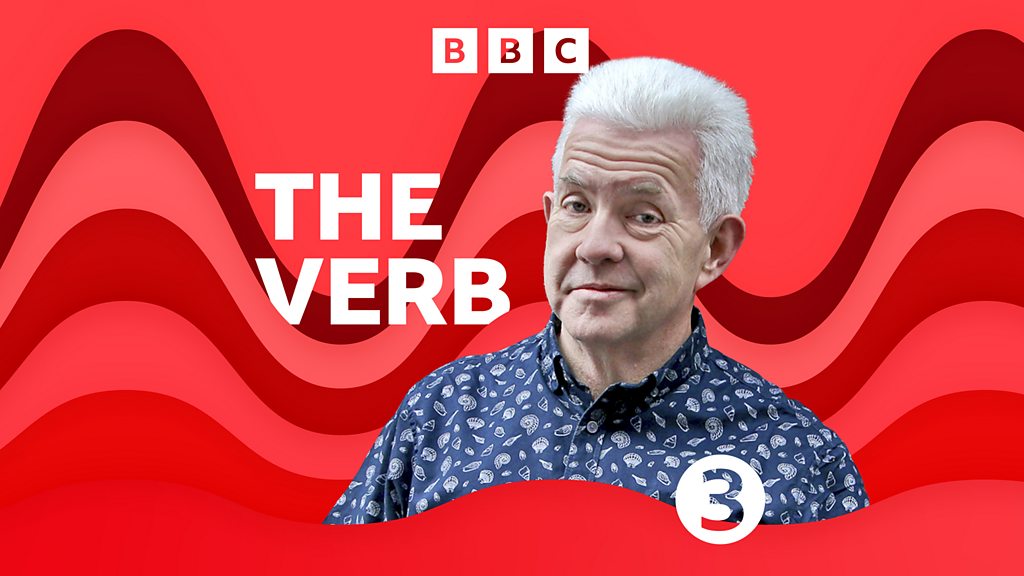What do we remember about childhood? And how do we write about it, without feeling trapped in the past? Ian McMillan talks to poet Don Paterson about music as a mnemonic tool, his youthful attraction to the art of origami, and the perils of confectionary. He talks to writer Sally Bayley about her sequence of books that capture the language fragments and stories from a childhood where facts were 'thin on the ground' - and about the part Shakespeare and his characters play in her latest book 'No Boys Play Here'. And Donovan McAbee, professor and poet, also joins Ian to explore the influence of childhood experiences on the work of Serbian-born poet Charles Simic - who became Poet Laureate of the US (writing in his fourth language), and died earlier this year. We also hear a poem from the BBC archive - Sylvia Plath's 'Purdah'.
Interesting stuff, I usually try catch the verb.

Comment